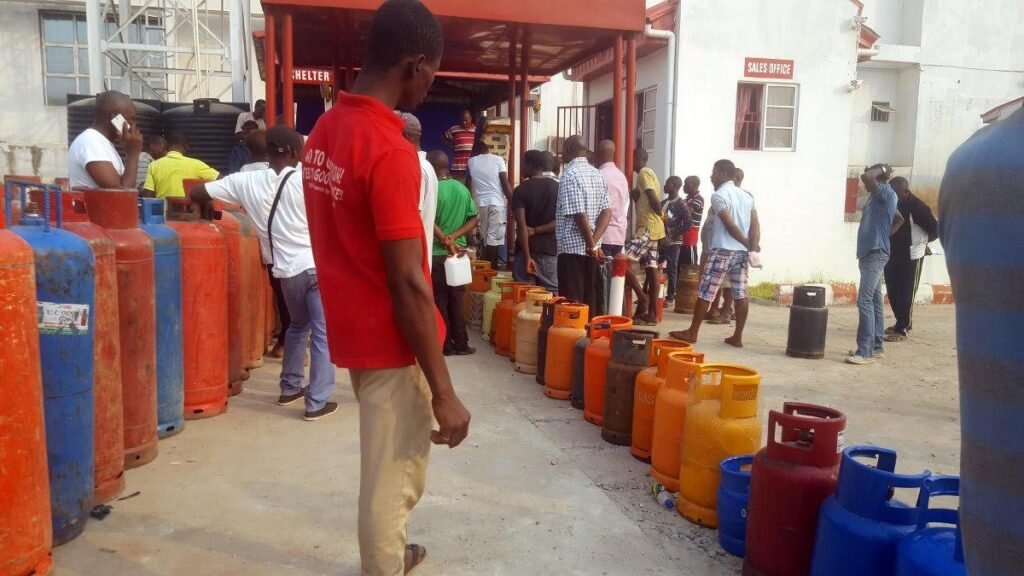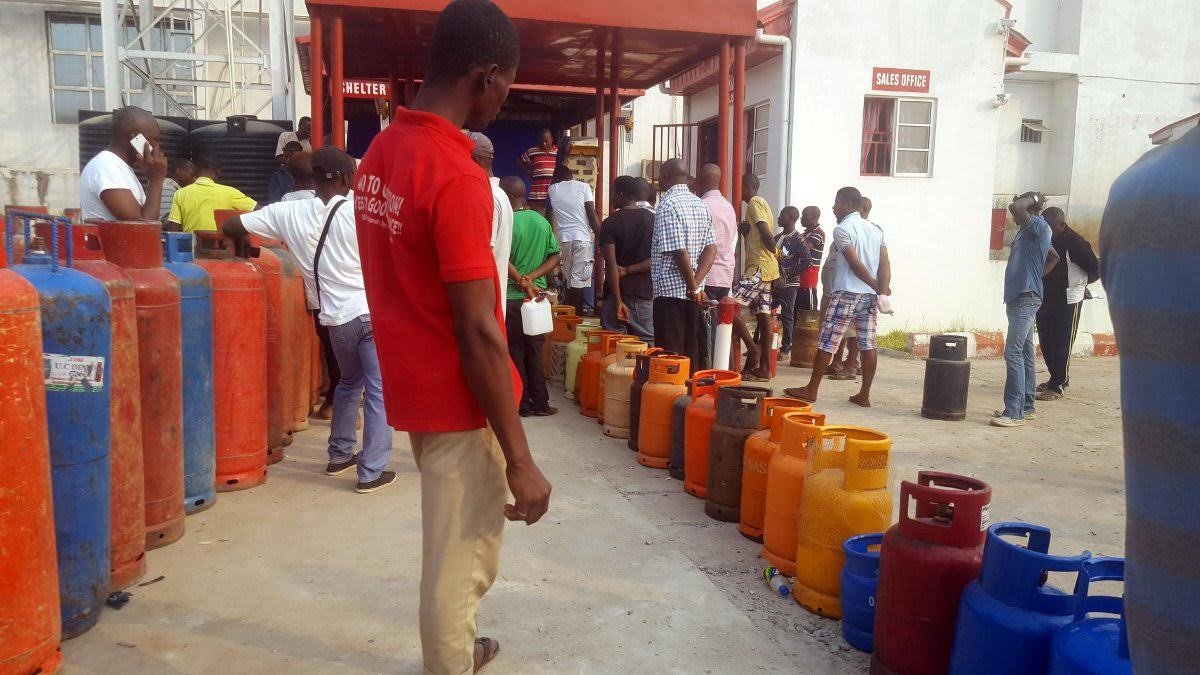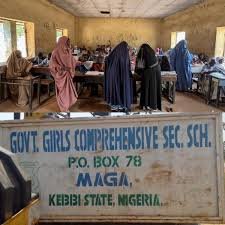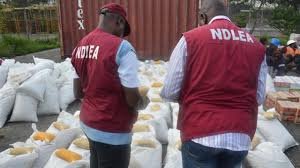The Nigerian Association of Liquefied Petroleum Gas Marketers (NALPGAM) has accused some retailers of exploiting the ongoing supply shortage of Liquefied Petroleum Gas (LPG), commonly known as cooking gas, to arbitrarily increase prices across the country.
Speaking on Channels Television’s The Morning Brief on Wednesday, NALPGAM National President, Oladapo Olatunbosun, said the product’s price had not been officially increased, blaming profiteering retailers for taking advantage of temporary supply gaps.

“But I must say categorically that the price of gas has not gone up. No increment has been done officially.
What is happening is that people are catching up on the little shortage in supply and the market forces that have made demand go higher than the available quantity.
They are catching up on it to make good money, which is wrong. We frown at this as an association,” Olatunbosun clarified.
He assured consumers that normalcy would return soon, expressing optimism that prices would stabilise once supply improves.
“By the grace of God Almighty, in the next few days, normalcy will come,” he said, adding that Nigerians would continue to enjoy affordable LPG once the supply situation eases.
Explaining the root causes of the current scarcity, Olatunbosun attributed it to an “artificial” disruption in supply caused by temporary maintenance at the Dangote refinery and a recent strike by the Petroleum and Natural Gas Senior Staff Association of Nigeria (PENGASSAN).
He said the Dangote refinery, which had been supplying up to 50 trucks of LPG daily to various parts of the country, had reduced operations due to maintenance work, forcing marketers to rely heavily on Apapa depots for supply.
“There was a time trucks were spending about 13 to 14 days in the Dangote yard before they could get products,” he explained.
Olatunbosun added that the PENGASSAN strike further worsened the situation by halting the offloading of LPG vessels, as officials were unavailable to inspect cargoes. “They didn’t stop production, but everybody had rushed to Apapa, and all the depots there were dry,” he said.
He, however, expressed confidence that once operations resume fully, supply will stabilise and prices will normalise.








